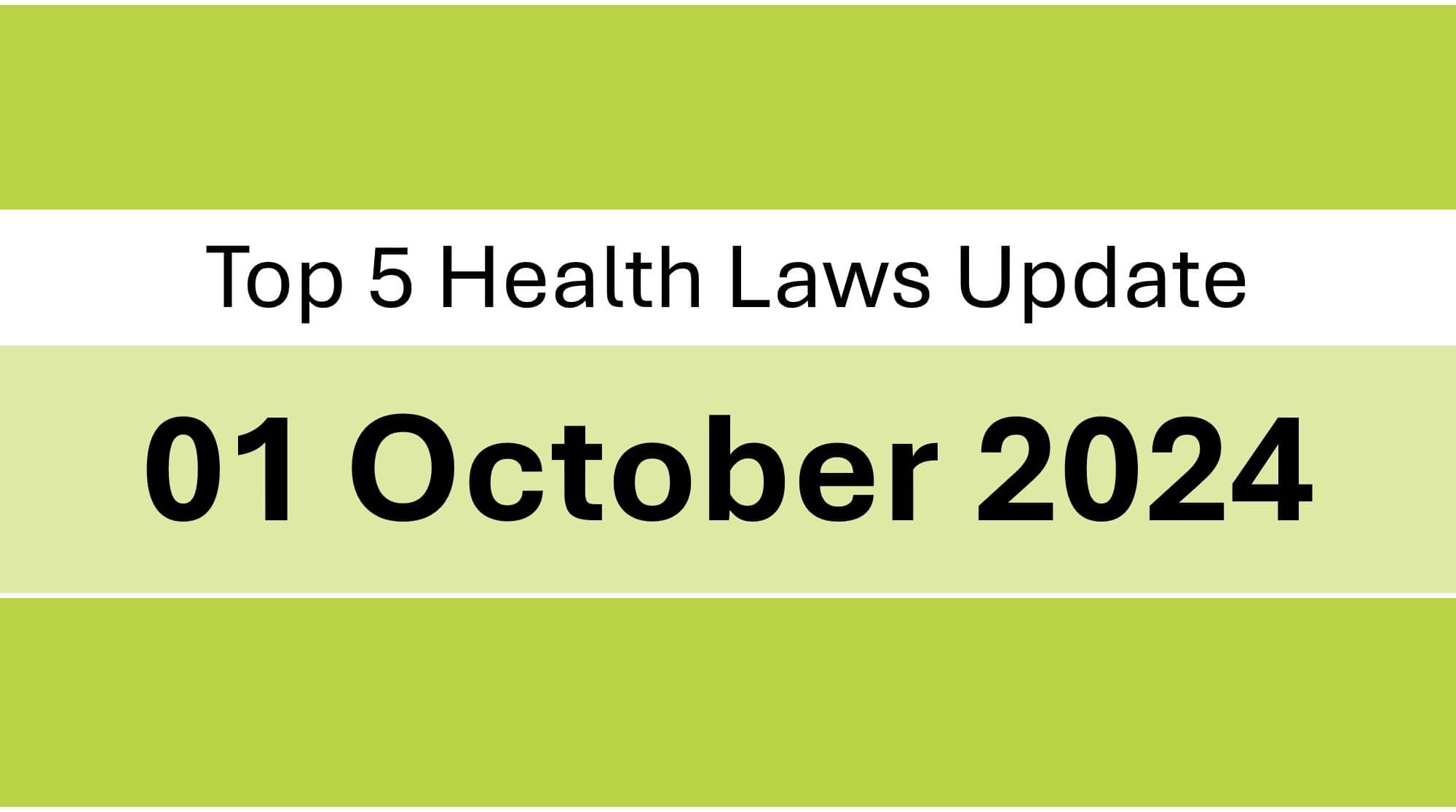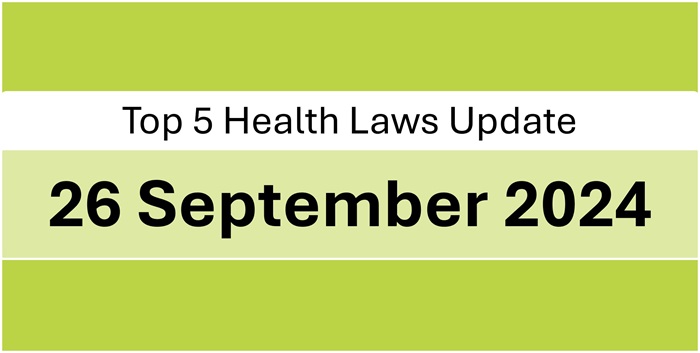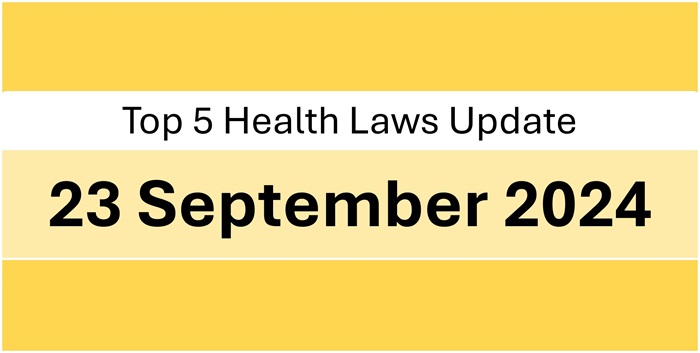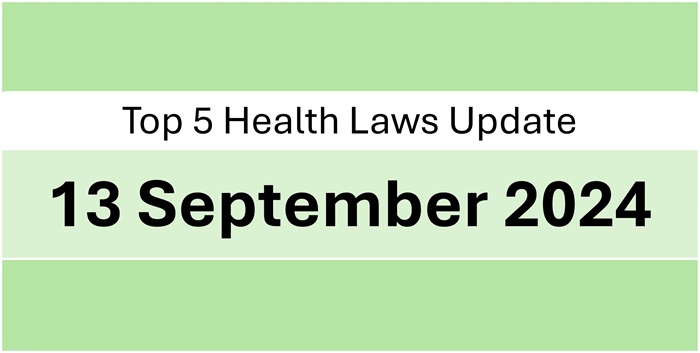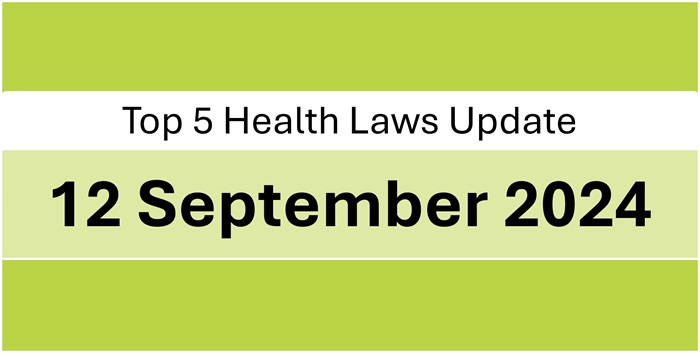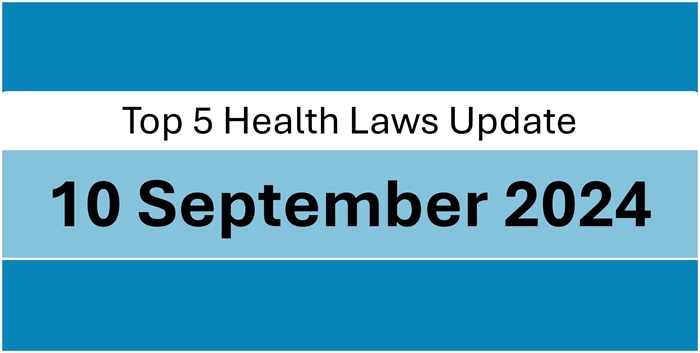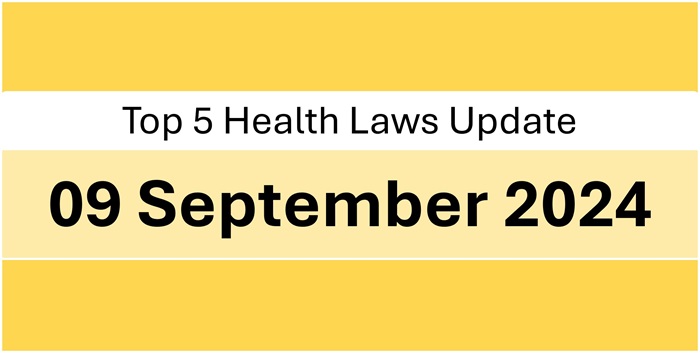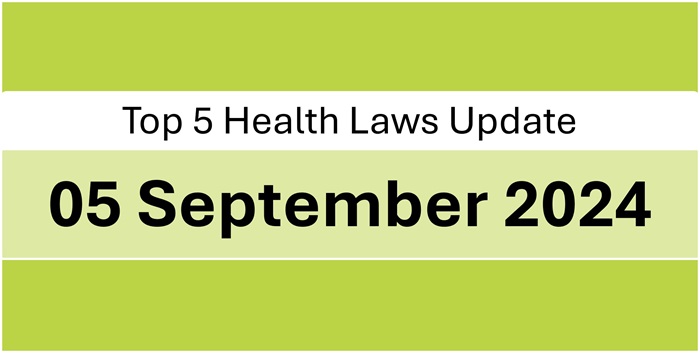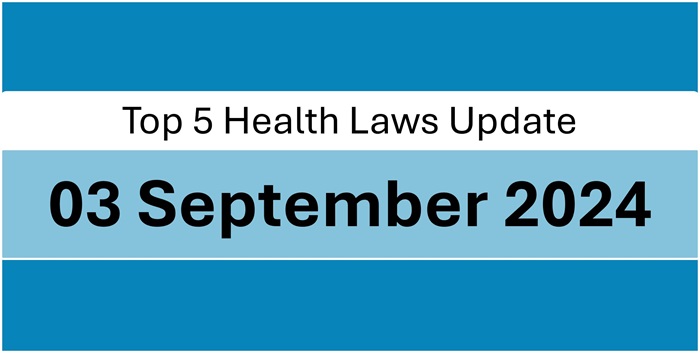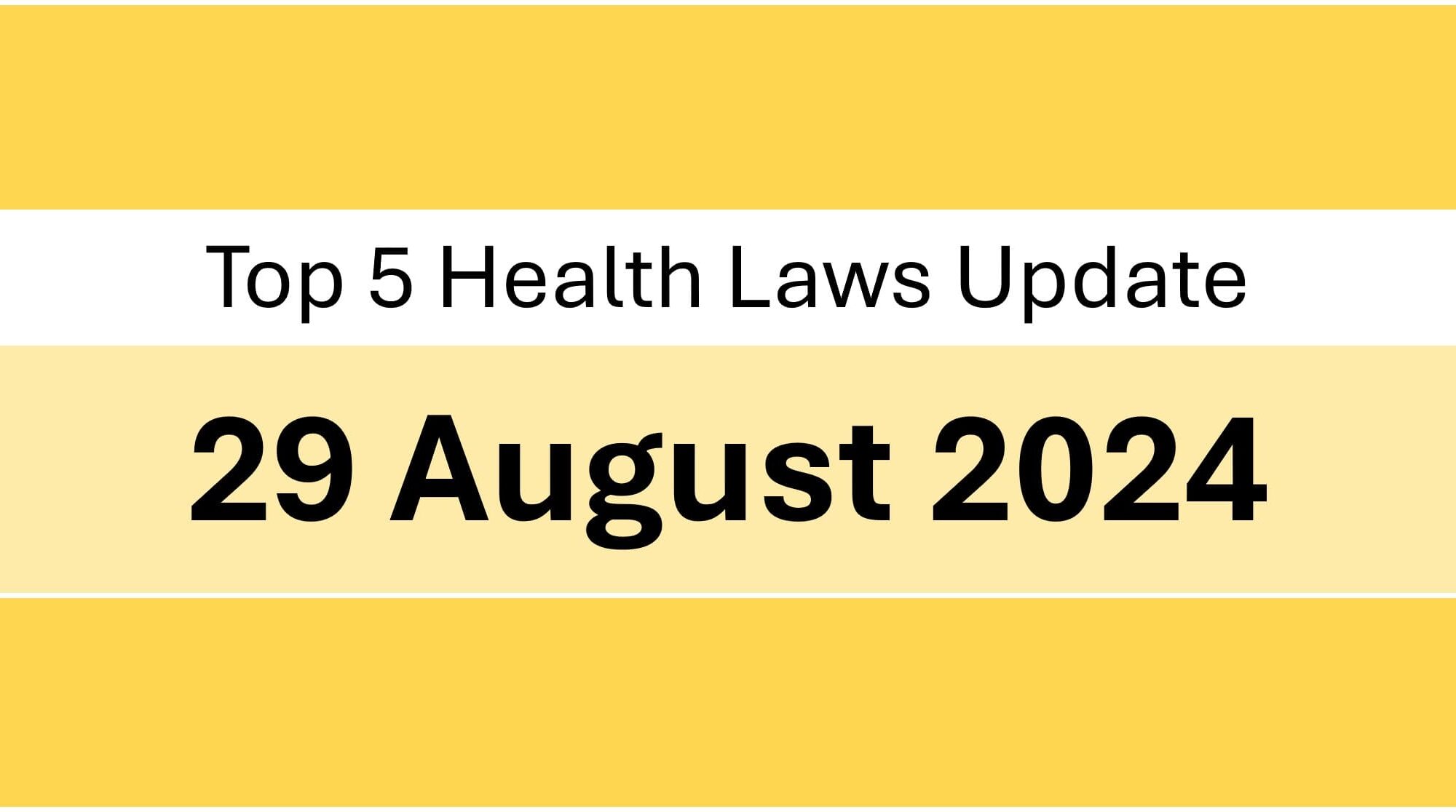Dear Readers, we are happy to share the most interesting legal and policy updates concerning health industry that we read today. We hope you enjoy reading it.
1. The Punjab and Haryana High Court has urged the Indian government to introduce a legislation to regulate the preservation and disposal of blood in the country. Currently, the sale and disposal of blood is governed by executive instructions issued as guidelines by Centre and State governments.
Source: bit.ly/3TSStVv
2. India’s Central Pollution Control Board has further extended the timeline for filing the Annual Returns for Plastic Packaging Waste for the FY 2023-2024 for Producers, Importers and Brand Owners with Extended Producers Responsibility Registration to 30th November 2024. Previously, this deadline had been extended from 30th June 2024 to 30th September 2024.
Source: bit.ly/3JqZRBH
3. India’s Central Drugs Control Authority may reportedly direct drug regulators across all States and Union Territories (UTs) for uniform implementation of norms for new drugs, specifically regarding the approval of gastro-resistant and delayed-release dosage forms under the New Drugs and Clinical Trial (NDCT) Rules, 2019. The 64th Drugs Consultative Committee (DCC) meeting highlighted inconsistencies in the approval process for these products, which are classified as “New Drugs.”
Source: bit.ly/3XPOtq4
4. India’s Allahabad High Court has directed the Uttar Pradesh government to issue a standard operating procedure (SOP) for Chief Medical Officers (CMOs) and doctors regarding the medical termination of pregnancy (MTP) for timely abortions and proper implementation of existing laws.
Source: bit.ly/47MSBvk
5. India’s National Organ & Tissue Transplant Organization (NOTTO) has released a Standard Operating Procedure (SOP) for Human Organ Transportation by various modes like air, ambulance/ other vehicle, Trains, etc. The SOP includes standardized packaging, mandatory labelling with detailed donor and recipient information, handling of organ box and requirement of a medical personnel to accompany the organs along with necessary documentation.
Source: bit.ly/3BovUBR

